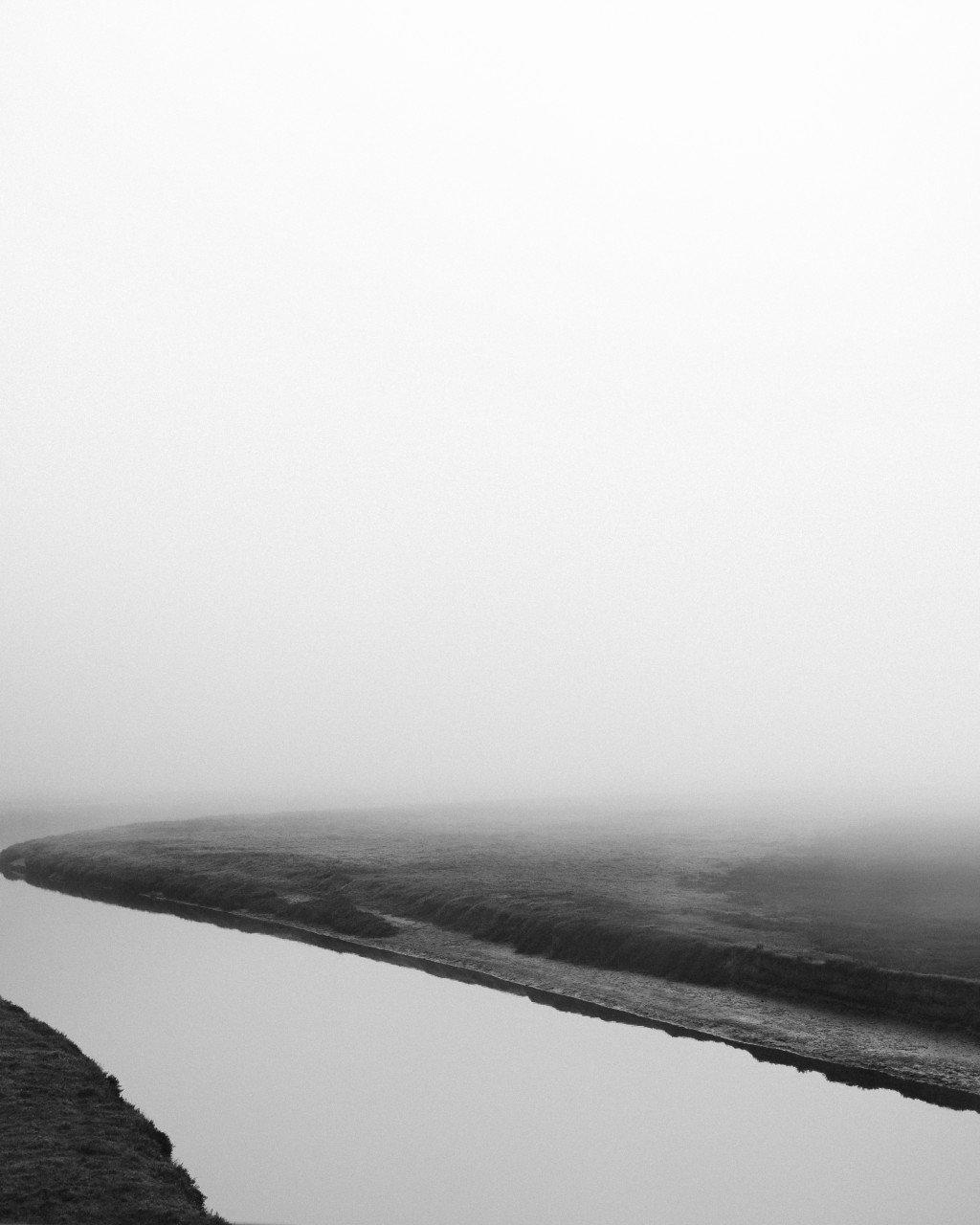The Latest Stories
Collection
Off-Race - Spring/Summer 2026Challenge
January Resolution Challenge 2026Campaign
T.K.O. - Free Your SpiritTyler, Essentially.
I was a 13 year old, chubby teenager when American Tyler Hamilton broke his collarbone in the 2003 Tour de France. He would go on to finish fourth in the race, grinding his teeth to stumps in the process, victims of the sheer pain of the effort. At the time, I didn't have a proper bicycle. I'd not ridden a bike farther than the grocery store 2km away from my house. But, something about Hamilton's performance inspired something dark and deep inside of me. A year later, as my father's business foundered, he found himself in a minor auto accident and with a car totalled by an insurance company. Instead of using the insurance check to buy a new one, he paid our mortgage. He bought a $400 Trek mountain bike to get to work instead. I rode it whenever he wasn't commuting, immediately hooked. At the time, I had no inkling that both disconnected events would be the genesis of my meandering path in life.
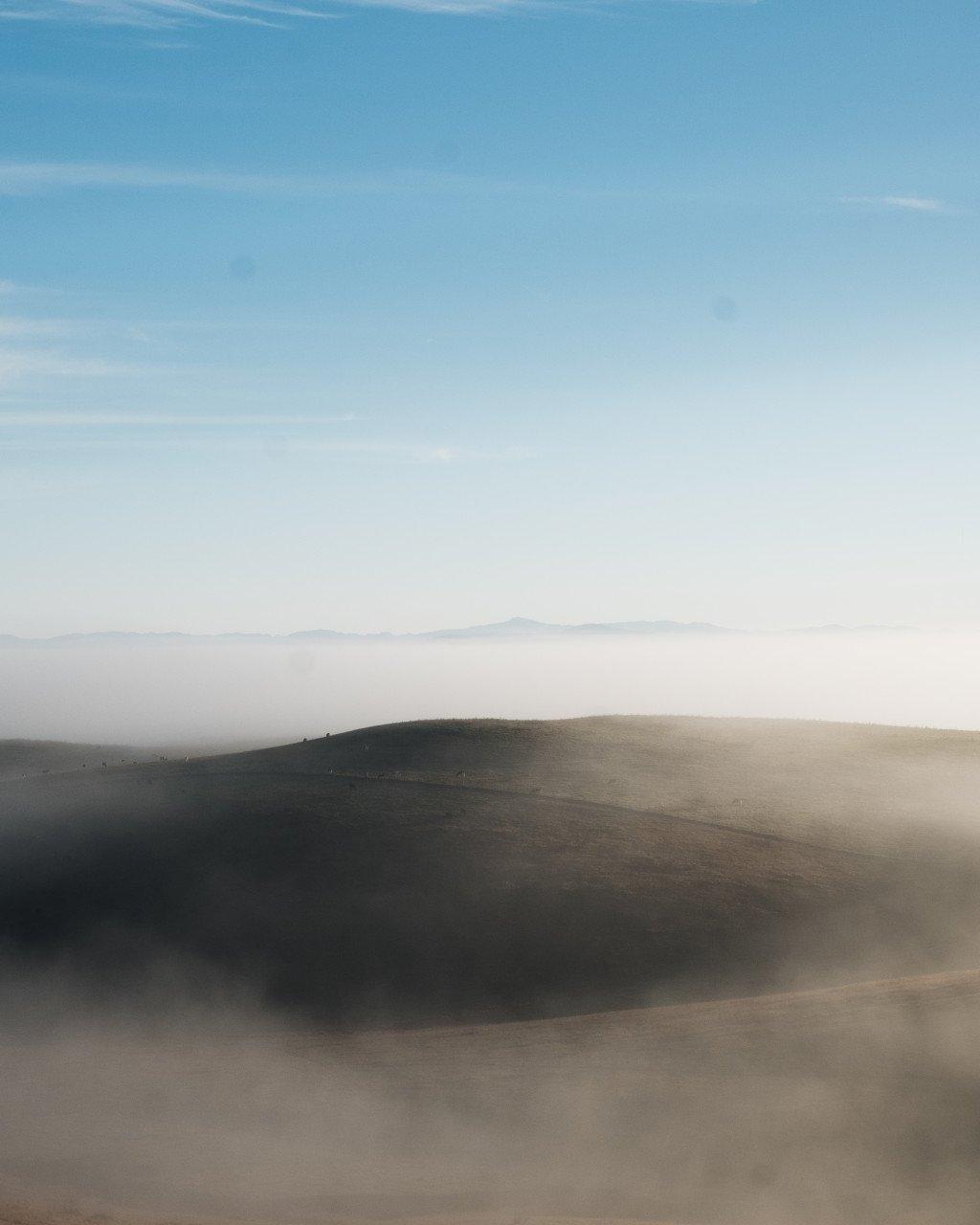
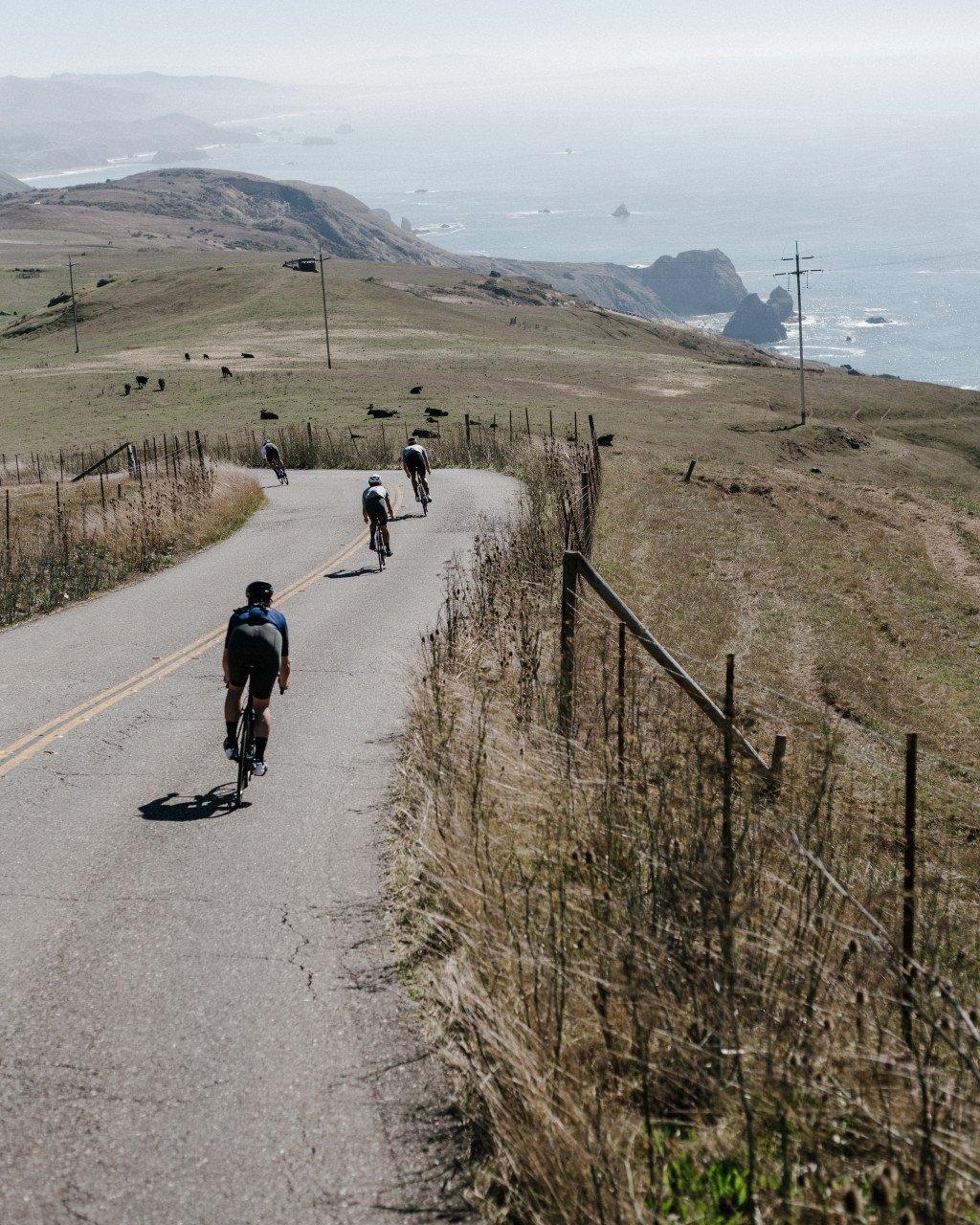
Essential. It's a powerful word, one that conjures instinctual, primal feelings. Merriam-Webster defines essential as “of the utmost importance". It means vastly different things to different people. In my own life, over the past 18 years, cycling has become synonymous. It's offered incredible opportunity, enormous happiness, terrifying pain, and tremendous suffering. The bike has taught me to know myself. To know others. It's taken me from bike messenger to quasi-professional cyclist to occasional writer. It's given me love. A marriage. Breakups. Heartbreak. It's taken me around the world, to nearly every continent. It's sequestered me to a darkened room. I now know unimaginable focus as well as frightening distraction. I have learned how to work hard, and how to laze harder. I know how to laugh at myself in the direst of situations and take myself too seriously in the most trivial. I'm familiar with the electric feeling of victory and the brutal stab of defeat. Inspirational stories and cautionary tales.
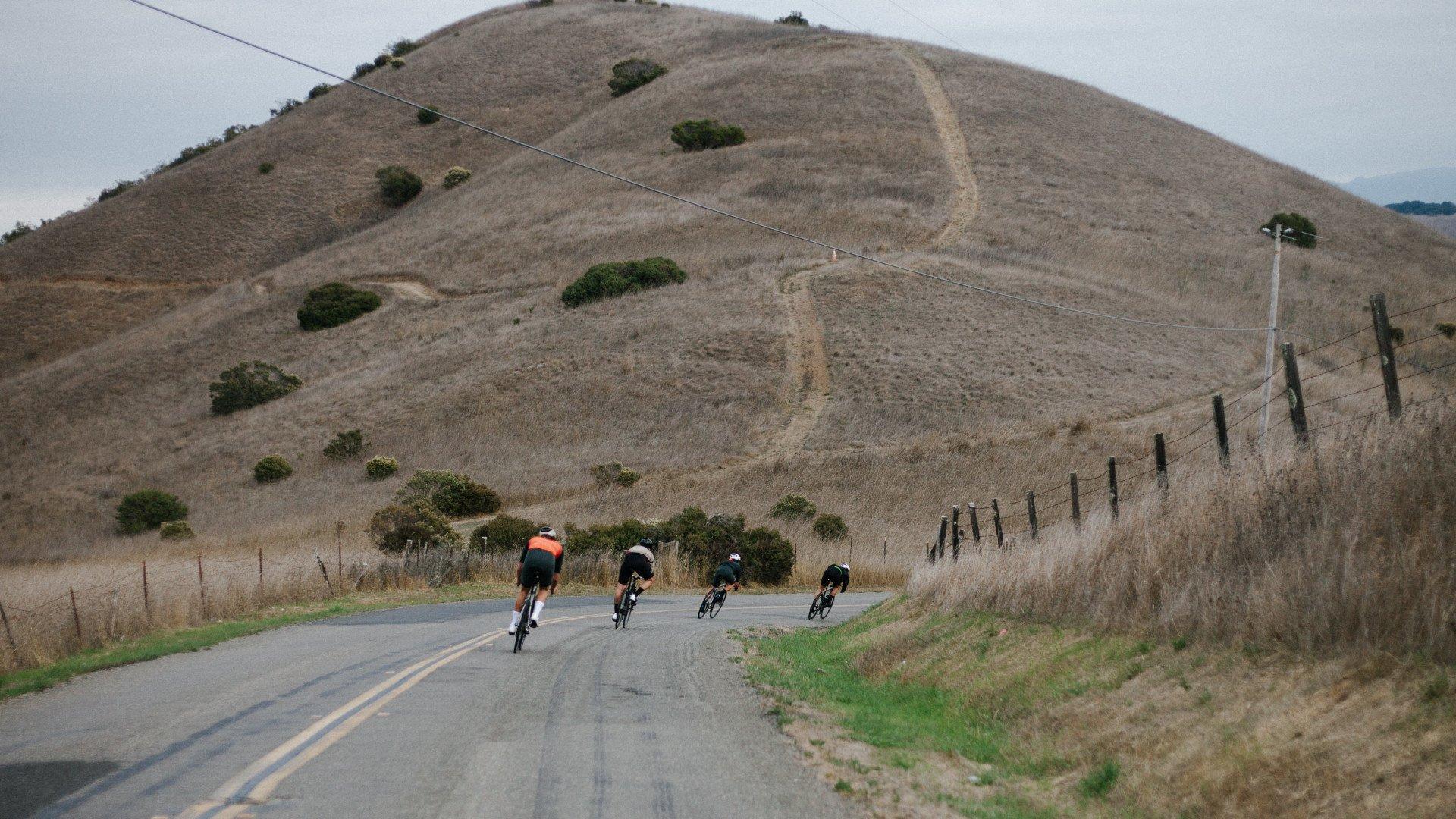
Cycling is paradoxical, and by that nature, it is critical to my existence. Contrast is essential. Without it, the world is flat; a grey ménage of lost memories and forgotten years. Often, on the long solo rides I treasure, I ask myself why I ride. The answer is usually different every time, if I can come up with one.
In my 31 short years, I'd had the privilege of meeting and knowing much of cycling's royalty, but I'd never known Tyler Hamilton, whose narrative had been so formative. And here he was. Shorter than I'd imagined. Affable. Genuine. Humble. Happy. By now, I was jaded, aloof. I'd already met most of my teenage heroes, and it was a rare occasion that I'd come away with a sense that the admiration was worth it. I secluded my emotions, and built walls around my thoughts.
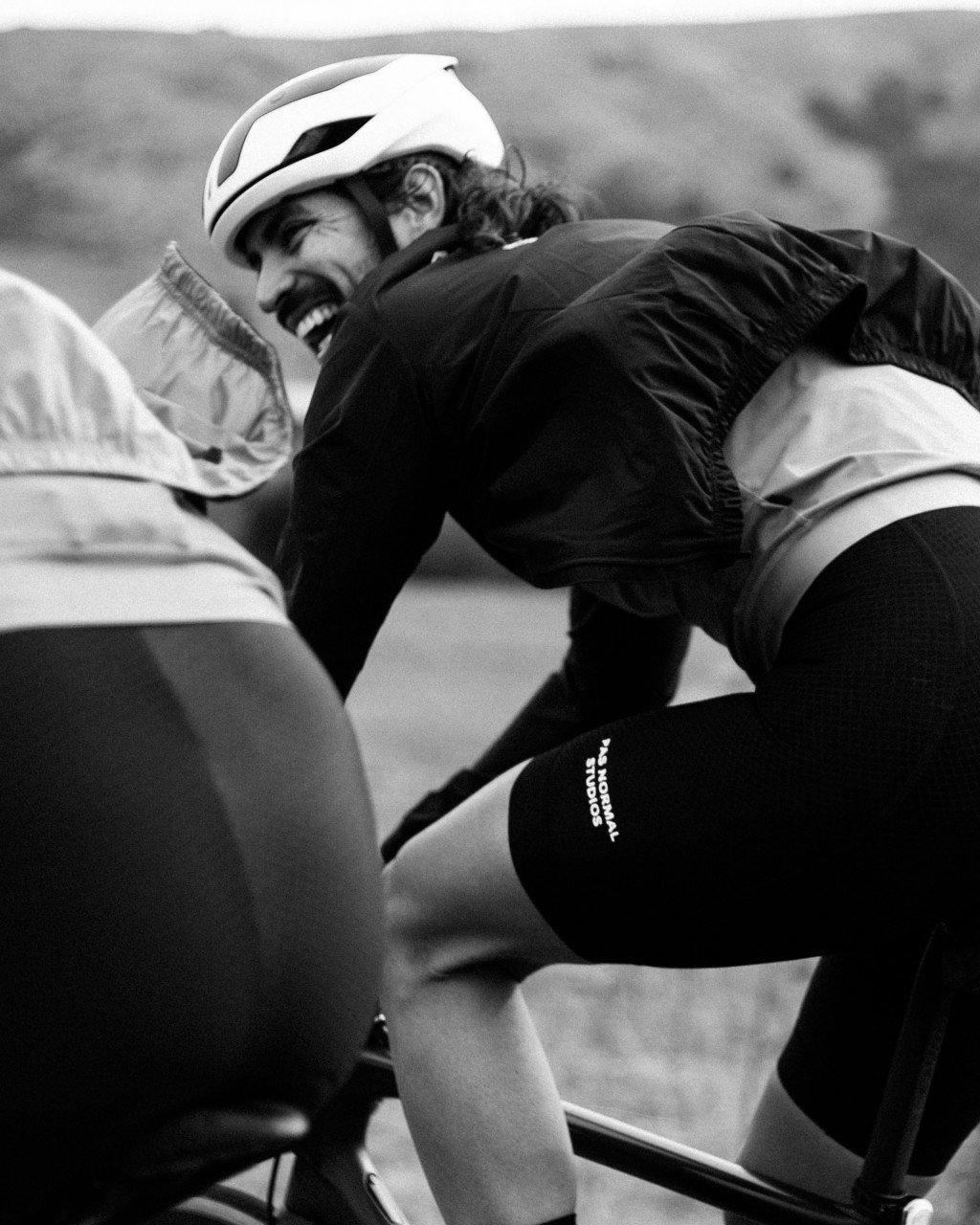
"I'd enjoyed riding my bike without being fast, without duress. I'd let myself be. It was new, a contrast I'm still coming to terms with and I think I actually like it."
I'd planned our four-day autumnal route, overly ambitious, per usual, from another living paradox: San Francisco. All four of us were past our cycling primes. The bike had taught us all our own lessons, and I was still recovering from a summertime concussion that had left me reeling with depression. I'd done what I thought this kind of adventure was before, a gut-wrenching sufferfest, where ego would reign supreme, where we'd bludgeon each other with our legs until we couldn't see straight. It wasn't. We cut every day short. We stopped at wineries and coastal restaurants. We talked. We laughed. We got kicked out of bars. We pedalled easy up some hills, not-so-easy up others, and remarked at the incomparable fortune we had to be experiencing California vistas many plan their entire lives around seeing.
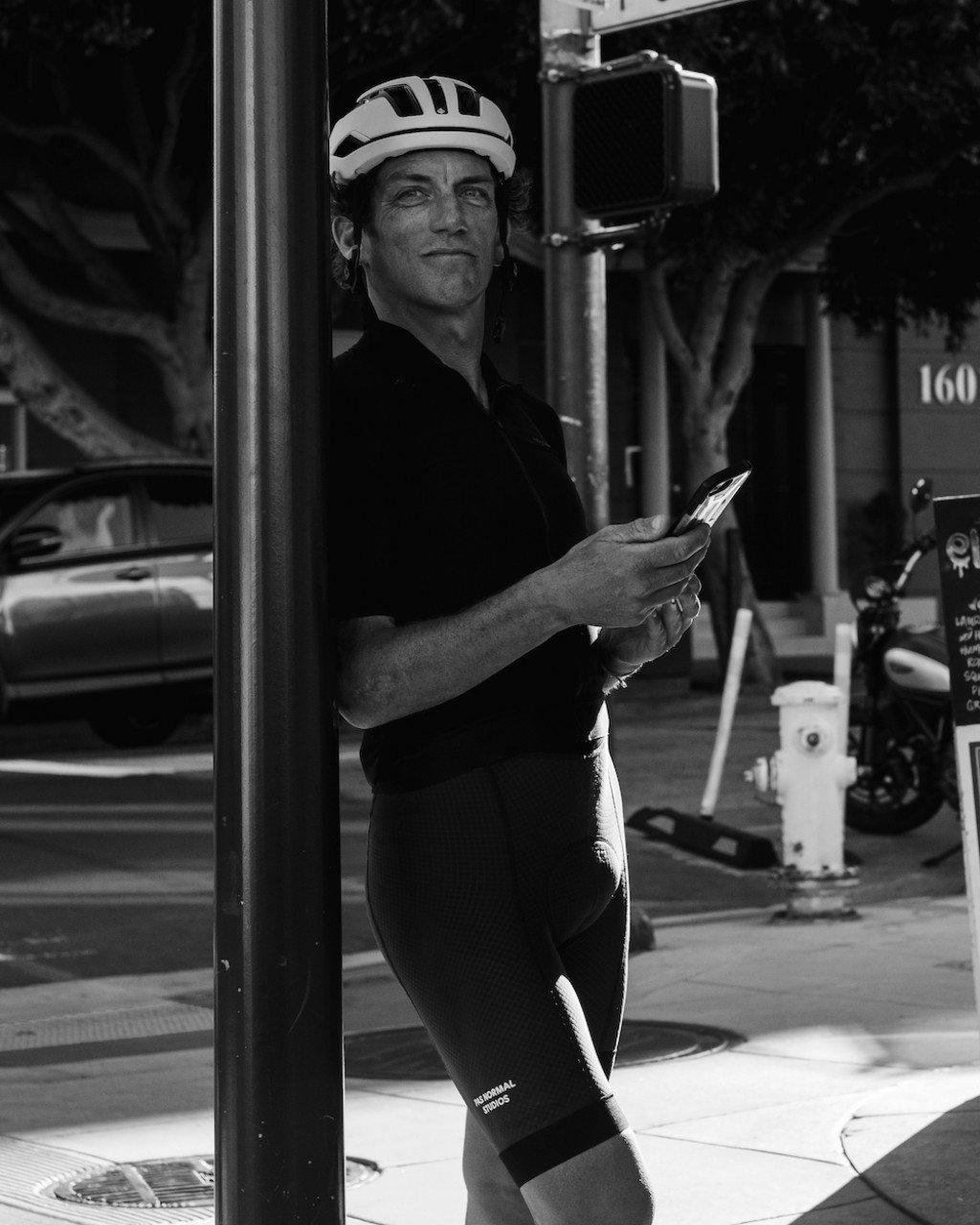
I struggled coming away with a pivotal, crucial moment that shaped our journey. It wasn't hard. I'd ridden all of these roads before, far faster. There were no critical, inspirational quotes about pushing to the finish and accepting suffering. At the end, I didn't much care. I'd enjoyed riding my bike without being fast, without duress. I'd let myself be. It was new, a contrast I'm still coming to terms with and I think I actually like it.
